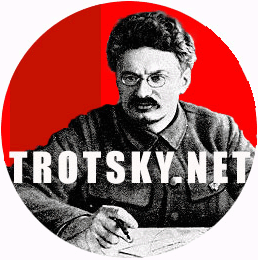
The Russian Revolution was a pair of revolutions in Russia in 1917 which dismantled the Tsarist autocracy and led to the rise of the Soviet Union.The Russian Empire collapsed with the abdication of Emperor Nicholas II and the old regime was replaced by a provisional government during the first revolution of February 1917 (March in the …
Jacob Schiff was head of the New York investment firm Kuhn, Loeb and Co. He was one of the principal backers of the Bolshevik revolution and personally


Abstract. The Russian Revolution of 1917 involved the collapse of an empire under Tsar Nicholas II and the rise of Marxian socialism under Lenin and his Bolsheviks.
What is the theory of the Permanent Revolution? In the years before the Russian Revolution of 1917 there was quite a heated debate between the different tendencies of the Russian labour movement on what would be the character of the Russian revolution, and the relation between the classes in the
October Revolution: October Revolution,, (Oct. 24–25 [Nov. 6–7, New Style], 1917), the second and last major phase of the Russian Revolution of 1917, in which the Bolshevik Party seized power in Russia, inaugurating the Soviet regime.
The Russian Revolution. The Russian Revolution was the most important revolution of the 20 th century, and was one of the most important revolutions in …


Leon Trotsky was born Lev Davidovich Bronstein on 7 November 1879, the fifth of a Ukrainian Jewish family of wealthy farmers in Yanovka or Yanivka, in the Kherson governorate of the Russian Empire (now Bereslavka, in Ukraine), a small village 24 kilometres (15 mi) from the nearest post office.

Here you will find a variety of links to primary sources, pages dedicated to the House of Romanov, e-texts, as well as interpretative essays on the Revolution itself
Russian Revolution of 1917: Russian Revolution of 1917, two revolutions which overthrew the tsar and placed the Bolsheviks in power.


The Russian Revolution of 1917 was one of the seminal events of the early twentieth century. In the face of mounting opposition and disastrous defeats in World War I, Tsar Nicholas II abdicated power and was replaced by the Provisional Government.

